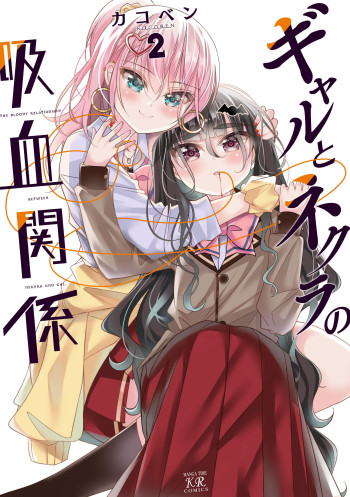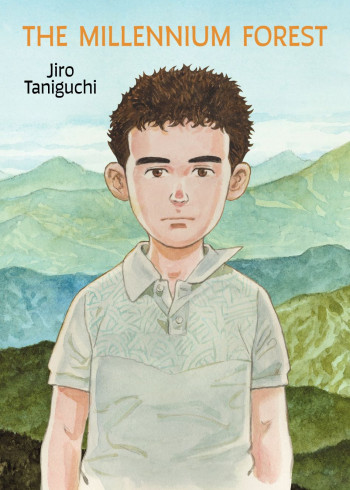Martial Peak Reviews
Rebecca Norinne's Lucky Star is a compelling exploration of love, ambition, and the often harsh realities of the entertainment industry. At its core, the novel is a heartfelt romance that delves into the complexities of pursuing one's dreams while maintaining personal relationships. The narrative is driven by the protagonist's dual desires: to achieve stardom in Hollywood and to finally confess his long-held love for his best friend, Sarah Travers.
The book opens with a sense of triumph as the protagonist lands the lead role in a major film, a dream come true for any aspiring actor. This achievement sets the stage for a romantic revelation, as he decides to seize the moment and express his feelings to Sarah. The chemistry between the two characters is palpable, and Norinne skillfully captures the excitement and vulnerability that accompany such a significant emotional leap. Their weekend together is depicted with warmth and authenticity, making readers root for their relationship from the outset.
However, the plot takes a dramatic turn when the protagonist is faced with an ultimatum from the studio: choose between his burgeoning career and his relationship with Sarah. This conflict introduces a central theme of the novel—the tension between personal happiness and professional success. Norinne does an excellent job of portraying the protagonist's internal struggle, as he grapples with the fear of losing either his dream or the love of his life. This dilemma is relatable to anyone who has ever had to make a difficult choice between competing priorities.
Character development is a strong suit of Lucky Star. The protagonist is portrayed as a multi-dimensional character, whose ambitions and insecurities are laid bare for the reader. His journey is not just about achieving fame, but also about understanding what truly matters to him. Sarah, on the other hand, is depicted as a supportive and understanding partner, yet she is not without her own complexities. Her reactions to the protagonist's choices add depth to her character, making her more than just a romantic interest.
Norinne's writing style is engaging and accessible, with a knack for creating vivid scenes that draw readers into the glamorous yet cutthroat world of Hollywood. The dialogue is crisp and realistic, capturing the nuances of both romantic and professional interactions. The pacing of the novel is well-balanced, with moments of tension interspersed with lighter, more intimate scenes that provide a respite from the protagonist's turmoil.
One of the novel's strengths is its exploration of the impact of fame on personal relationships. Norinne does not shy away from depicting the darker side of celebrity life, where public image often takes precedence over personal happiness. This theme is reminiscent of other works that explore similar territory, such as Taylor Jenkins Reid's The Seven Husbands of Evelyn Hugo or Lauren Weisberger's The Devil Wears Prada, where characters must navigate the treacherous waters of fame and ambition.
While Lucky Star is primarily a romance, it also offers a critique of the entertainment industry, highlighting the sacrifices that individuals often have to make in pursuit of success. The novel raises important questions about the cost of ambition and the value of personal relationships, making it a thought-provoking read for anyone interested in the intersection of love and career.
Overall, Lucky Star is a captivating and emotionally resonant novel that will appeal to fans of contemporary romance and those intrigued by the behind-the-scenes workings of Hollywood. Rebecca Norinne has crafted a story that is both entertaining and insightful, with characters that linger in the reader's mind long after the final page is turned. Whether you're a romantic at heart or simply enjoy a well-told story about the pursuit of dreams, Lucky Star is a book that deserves a place on your reading list.
























Reviews 0
Post a Reviews: